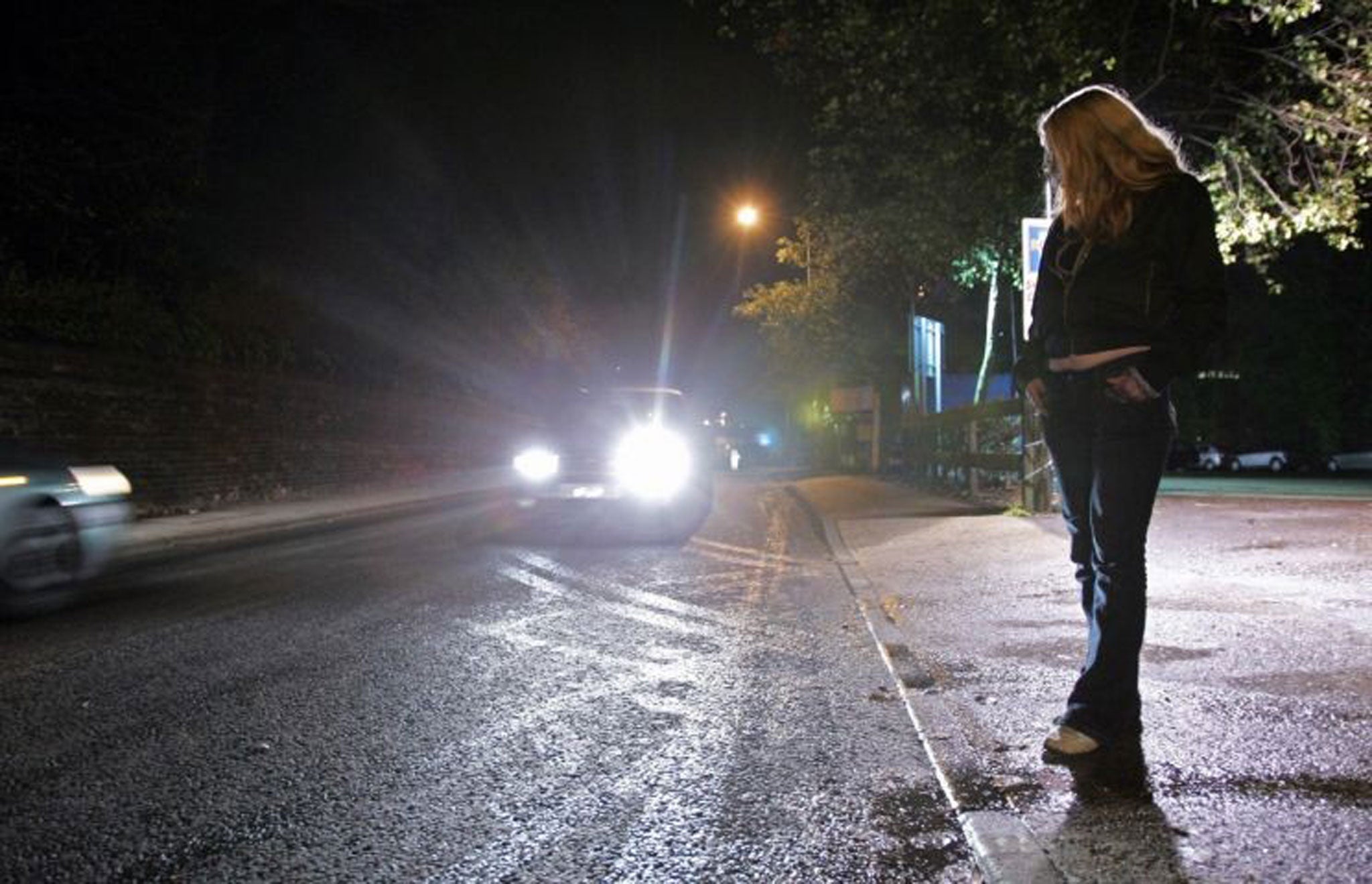Be it decriminalisation or the 'Nordic Model' — something needs to be done about prostitution
David Cameron's pledge to explore prostitution legislation was an empty promise

Three weeks after the last general election, David Cameron echoed the national revulsion over the murder of three Bradford prostitutes by the so-called "crossbow killer". The new Prime Minister suggested the moment had arrived for a fresh look at the complicated and confusing legislation surrounding the sale of sex, including the case for decriminalising the "oldest profession in the world".
His words have proved to be empty. Four-and-a-half years later, no action has been taken against the illicit trade plied by at least 80,000 women, girls, men and boys, many of whom have been trafficked into Britain and are held in sexual slavery. The Home Office has just one official working part-time on the issue.
Ministers and their opposition counterparts can be forgiven for their reticence as they are confronted by a mass of conflicting evidence on how best to tackle a problem that affects all of Britain’s major cities. The last Labour government was also burnt by the experience of floating ideas of creating regulated "red-light zones" and mini-brothels only to see them run into intense opposition.
Labour MP Gavin Shuker, who chairs the All-Party Parliamentary Group on Prostitution, says: "Politicians in general have been reluctant to deal with the subject for understandable reasons. There are people in all professions who purchase sex. There is also a view that there are no votes in this."
But there are now signs that the subject is rising up the political agenda, with MPs debating prostitution this week and Labour announcing it would review existing legislation if it wins the next election.
At the moment it is legal in the UK to sell sex, but related activities – including soliciting on the street– are crimes.
Legislation five years ago made it an offence to buy sex from a prostitute who has been "subjected to force", although there have been few prosecutions. With anecdotal evidence suggesting prostitution has increased in the past five years, support is growing for Britain to follow Sweden and Norway and make it a criminal offence to buy sex.
Advocates of the "Nordic model", set to be adopted by Canada and Northern Ireland, argue it would be a deterrent to punters and make it easier to rescue vulnerable women by ending prosecutions for soliciting. They point to figures showing Germany, where the sex trade is legal, has proportionately 10 times more prostituted women than Sweden.
Opponents, who include some prostitutes’ rights groups, warn that the "Nordic model" would be counterproductive, pushing sex workers further underground and leave them more vulnerable. They tend to favour decriminalisation of prostitution, as happened 11 years ago in New Zealand, or the full legalisation adopted by Germany, Holland and Switzerland. Such a radical step, they argue, would at a stroke remove criminal gangs from the £4bn a year trade.
The arguments were rehearsed on Tuesday in the Commons as MPs attempted to pass an amendment calling for a six-month review of prostitution legislation.
It was opposed by the Government on the grounds that it would "distract" from its moves to tackle modern slavery, but Labour said a Miliband government would set up the review.
Some sources believe a re-elected Conservative government would also face up to the extent of prostitution in the UK and re-examine existing legislation, particularly if Theresa May remains Home Secretary. The extent of the connection between women selling their bodies in British side streets and the international network of people-traffickers has thrown a fresh spotlight on the issue.



Join our commenting forum
Join thought-provoking conversations, follow other Independent readers and see their replies